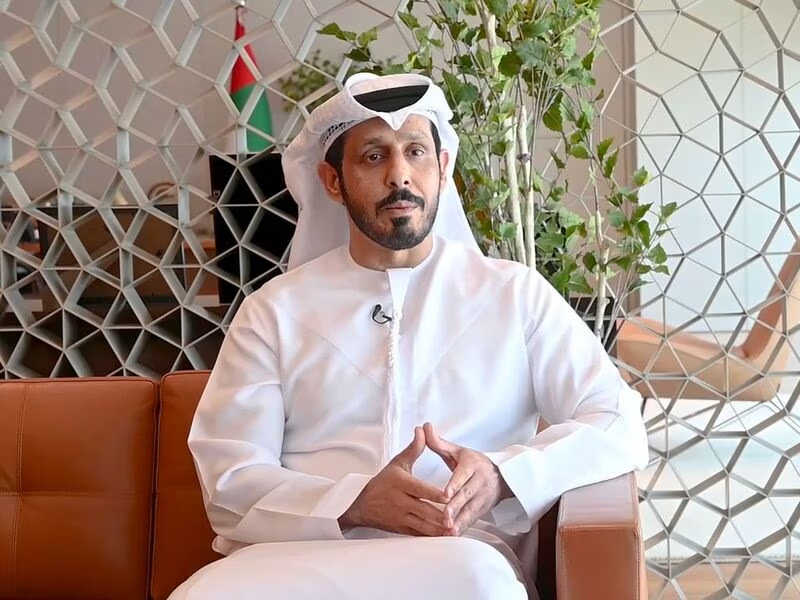The UAE’s removal from the European Union’s list of high-risk third countries for money laundering and terrorist financing marks a significant international endorsement of the country’s financial reforms and risk mitigation efforts. The move, announced by the European Parliament, signals renewed confidence in the UAE’s ability to safeguard its financial and economic systems in line with global standards.
The development is seen as a direct result of the comprehensive measures taken by the National Anti-Money Laundering and Combatting the Financing of Terrorism and Illegal Organisations Committee (NAMLCFTC), led by Secretary-General Hamid Saif AlZaabi. According to him, the decision reflects the scale of national efforts, rather than just a bid to meet external expectations.
At the core of the UAE’s AML transformation is a 2024 Cabinet-approved national strategy, built on sector-specific risk assessments and proactive reforms across the public and private sectors. Backed by an operational framework under the Higher Committee, chaired by H.H. Sheikh Abdullah bin Zayed Al Nahyan, the strategy has been supported by enhanced legislation, technical upgrades, training programs, and closer engagement with the private sector.
The UAE has intensified outreach over the past year, holding sector-specific workshops and awareness campaigns to address emerging risks, particularly in the virtual assets and digital payments space. A strong emphasis has also been placed on capacity-building and leadership development to equip institutions with the tools to stay ahead of global financial crime trends.
While the removal from the EU list offers reputational gains, the economic impact is expected to be more tangible. Analysts anticipate a 3% rise in foreign direct investment (FDI) as a result of reduced risk perception. The move also positions the UAE more favorably in ongoing trade negotiations with the EU. It is likely to ease cross-border financial flows by minimizing compliance barriers for UAE-based institutions dealing with European partners.
AlZaabi emphasized that the UAE will continue to strengthen its legal and regulatory frameworks, keeping pace with evolving crime patterns and ensuring the long-term sustainability of its financial crime risk systems. International cooperation, especially with European partners, remains a top priority for providing real-time information exchange and joint enforcement initiatives in an increasingly digitized financial environment.
The EU decision reinforces the UAE’s growing stature as a safe, transparent, and credible investment destination—one that aligns investor interests with international financial norms while driving forward its ambitious economic development agenda.
–Input WAM





